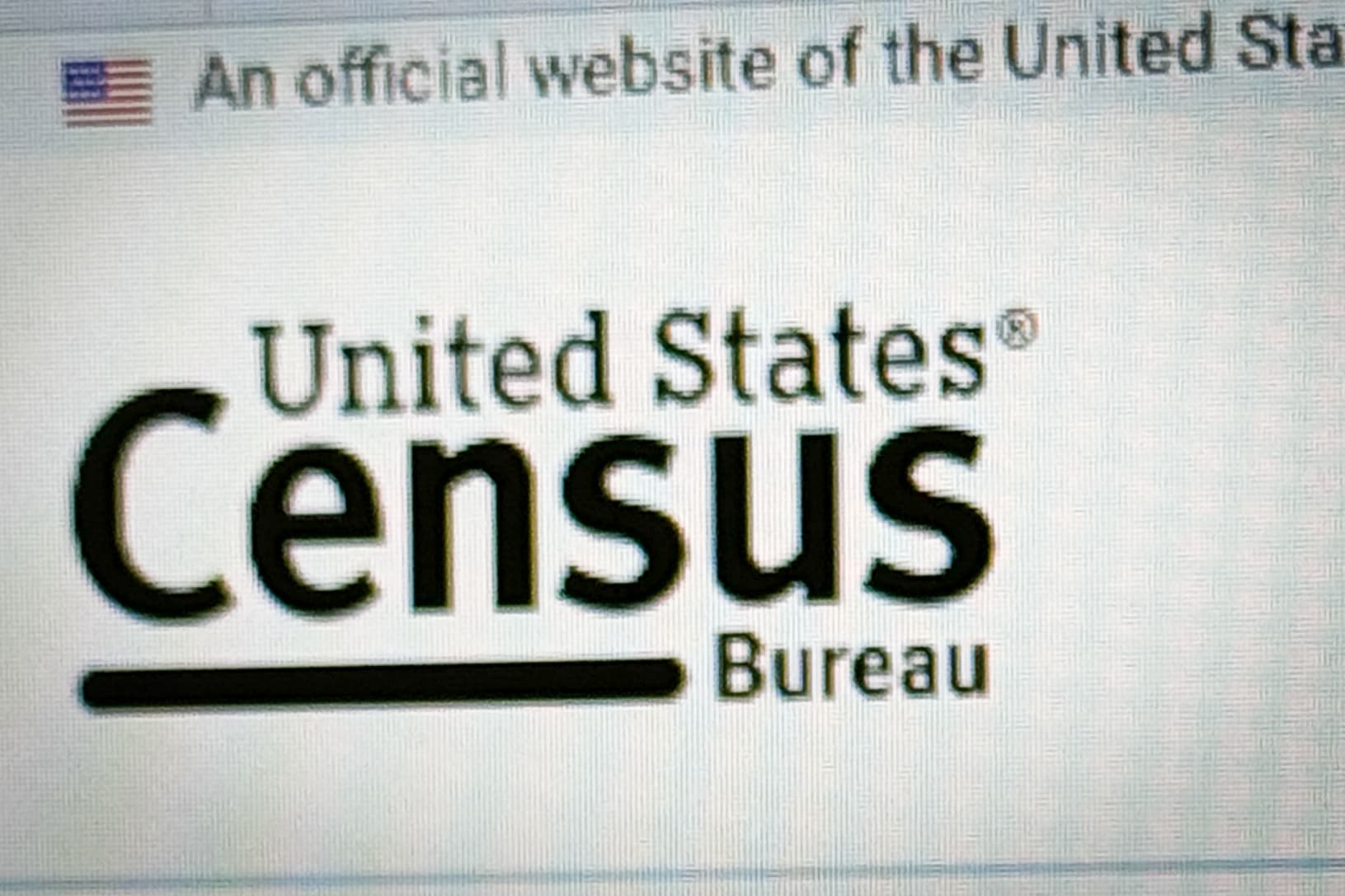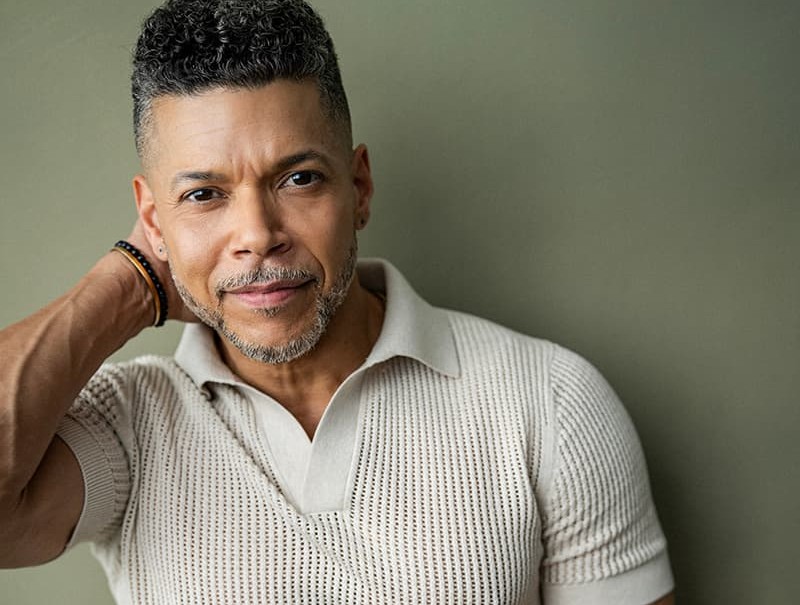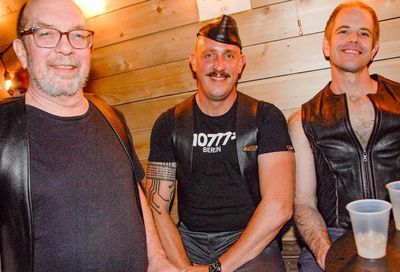Ireland: On the Brink of History
Ireland's referendum on same-sex marriage is a dramatic turnaround for the religious nation

Ireland could be on the brink of making history.
The five million strong country is set to vote Friday in a referendum on legalizing same-sex marriage. Should it succeed, which polls currently suggest it will, the Republic of Ireland will become the first country to enact marriage equality by popular vote.
If Irish voters opt to support the referendum, it will represent something of an incredible turnaround for the country. A staunchly religious nation, 84 percent of Ireland’s population is Roman Catholic, with up to half of the country attending weekly mass as recently as 2006. As context, divorce was banned in the Irish constitution until a referendum in 1995 — which passed, removing the ban, by just 51 percent. It should come as no surprise that religious groups are staunchly opposed to Friday’s referendum.
Homosexuality has only been legal there since 1993, putting Ireland at odds with its neighbors. Northern Ireland, part of the United Kingdom, legalized it in 1982, while neighbor England decriminalized it in 1967. In two decades, Ireland has transformed from imprisoning gay men to offering civil partnerships, same-sex adoptions, anti-discrimination measures, and open military service. According to University College Dublin professor David Farrell, speaking with the BBC, he teaches his politics students of the change by showing “two photographs juxtaposing Eamon De Valera kissing the ring of a bishop when he was president of Ireland with one of our current Taoiseach [prime minister] Enda Kenny, in a gay bar. That’s a huge path we’ve come. I never thought that could be possible in this country.”
Voters will be asked a simple question on Friday: do they support adding “Marriage may be contracted in accordance with law by two persons without distinction as to their sex” to the constitution. The referendum is supported by every political party, all of whom are urging voters to choose Yes. All polls are suggesting that the outcome will be in favor. Polling company Millward Brown suggests that public opinion is currently 53 percent in favor, 24 percent against, and 23 percent undecided. Another poll by Ipsos has the numbers at 53, 25, and 17 respectively. However, both sets of data share a similar trend: Yes support has diminished in the run up to voting day.
What’s more, there’s precedent for incorrect polling data relative to outcomes. In the 1995 divorce referendum, support for ending the ban enjoyed a 44 point lead in the weeks leading up to the vote, according to The Guardian. In a 2013 referendum on abolishing the Irish Senate, 62 percent of people were apparently in favor. The measure failed, with 52 percent voting against. Even across the Irish Sea, in Britain, every major poll suggested that in its recent elections the country was headed for a hung parliament with no clear winner — the Conservative party won with a slim majority.
The No campaign has also been resurgent in recent weeks — apparently aided by conservative U.S. Christians. The National Organization for Marriage (NOM) has sent letters to supporters around the world, asking them to visit a website, keepmarriage.org, which details “why you should vote no to redefining marriage in Ireland.” Yes supporters claim that donations solicited through the website have been used to fund Ireland’s No campaigns enabling them to buy advertisements and billboards. A spokesperson for NOM denied the accusation, as soliciting political donations from overseas is illegal in Ireland.
On the Yes side, which enjoys the support of a majority of younger voters in Ireland, campaign efforts have been boosted by a string of endorsements. Television stars, sports personalities, politicians, musicians and others have thrown their support behind the Yes campaign. Former Uachtarán (President) Mary McAleese, whose son is gay, stated at an event in Dublin that “a yes vote costs the rest of us nothing. A no vote costs our gay children everything.”
Perhaps, however, it is Brendan O’Carroll — creator of the character Mrs. Brown, star of a popular sitcom and jokingly referred to as Ireland’s “mammy-in-chief” — who says it best.
“When I was a young girl there was a big hoo-ha about mixed marriages, Catholics marrying Protestants and black people marrying white people,” he said in character as Mrs. Brown, in a YouTube video. “But, you know what, they still went and got married and the world didn’t end. And we all grew up a little bit.”
Support Metro Weekly’s Journalism
These are challenging times for news organizations. And yet it’s crucial we stay active and provide vital resources and information to both our local readers and the world. So won’t you please take a moment and consider supporting Metro Weekly with a membership? For as little as $5 a month, you can help ensure Metro Weekly magazine and MetroWeekly.com remain free, viable resources as we provide the best, most diverse, culturally-resonant LGBTQ coverage in both the D.C. region and around the world. Memberships come with exclusive perks and discounts, your own personal digital delivery of each week’s magazine (and an archive), access to our Member's Lounge when it launches this fall, and exclusive members-only items like Metro Weekly Membership Mugs and Tote Bags! Check out all our membership levels here and please join us today!




















![The White Party (Wet Dreamz and Supreme Fantasy]) Click to see these Pics](/scene/thumbs/2024/05/26/2944/2024-05-26_2944_172902.jpg)


